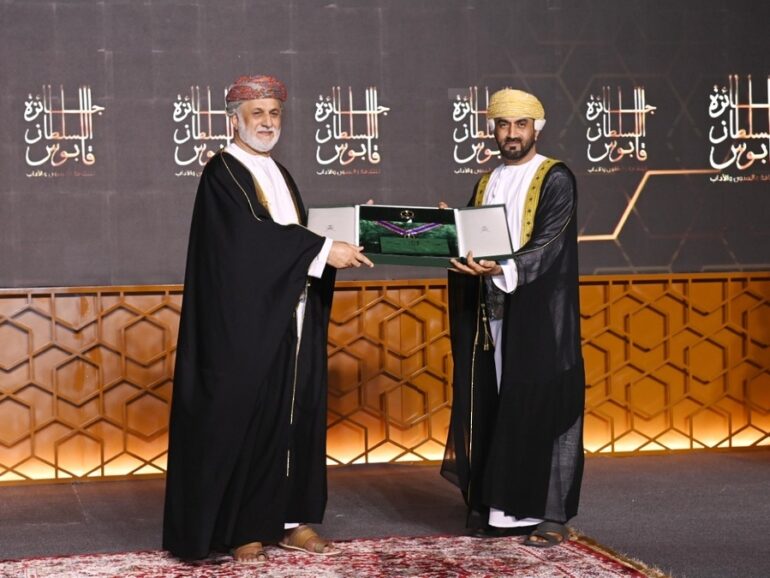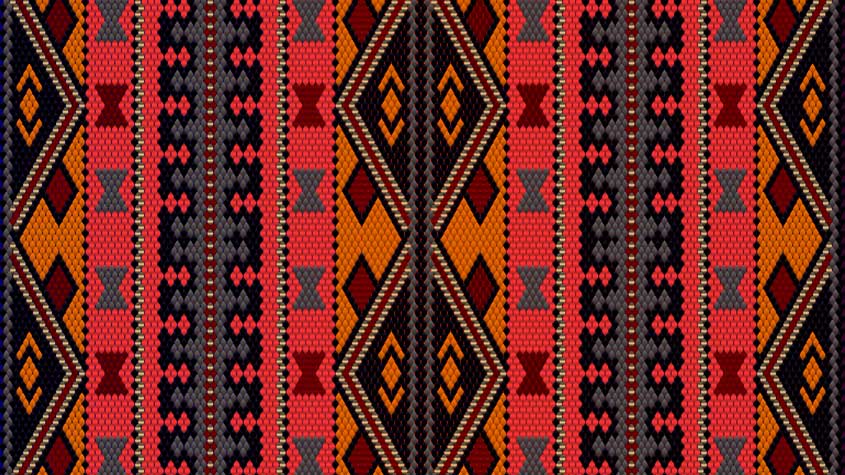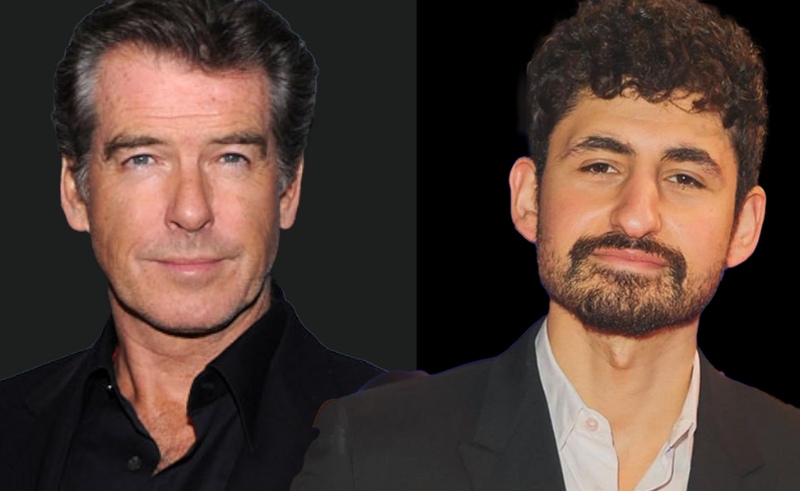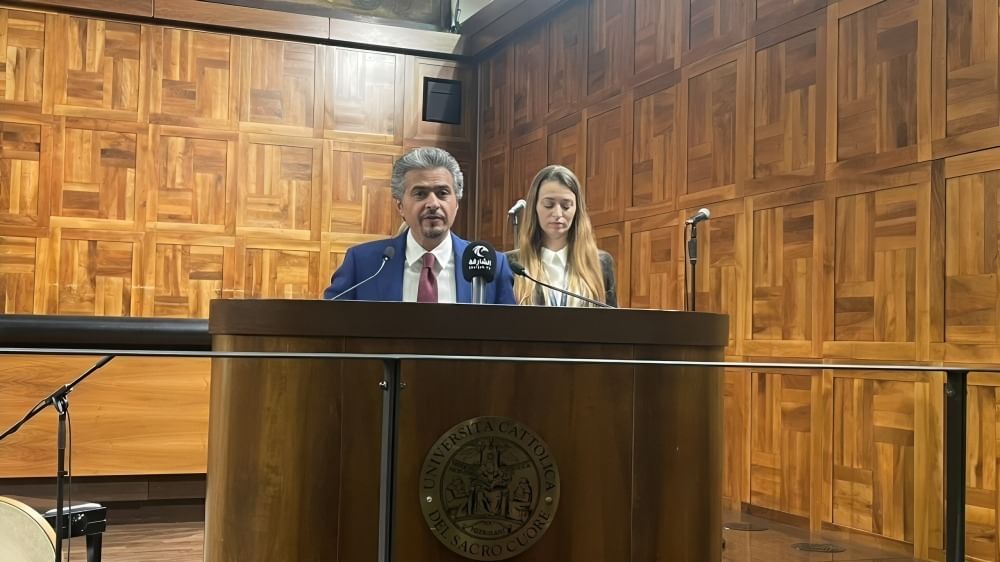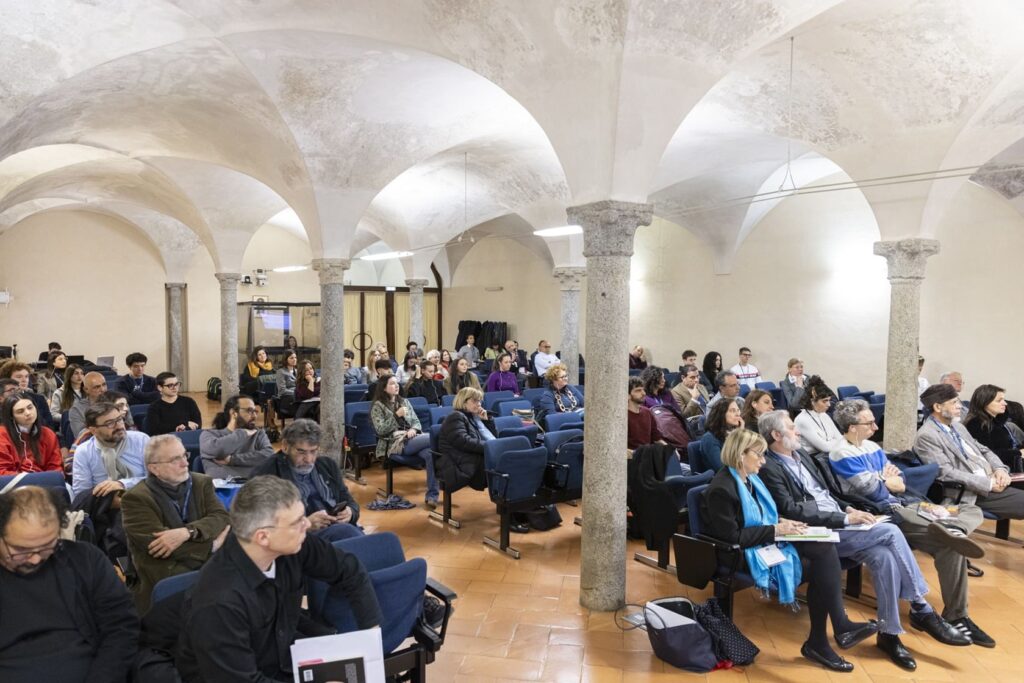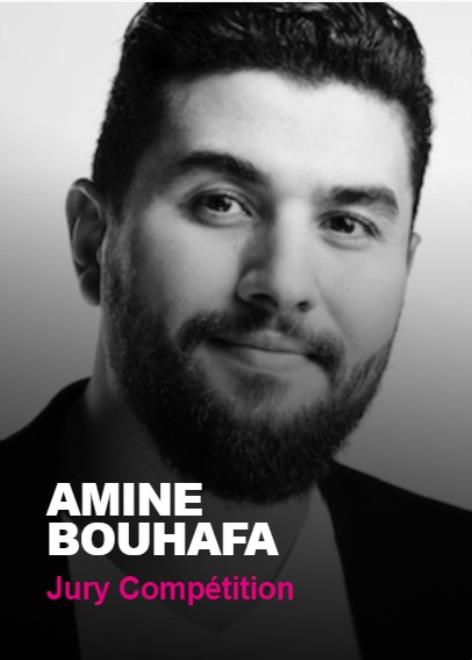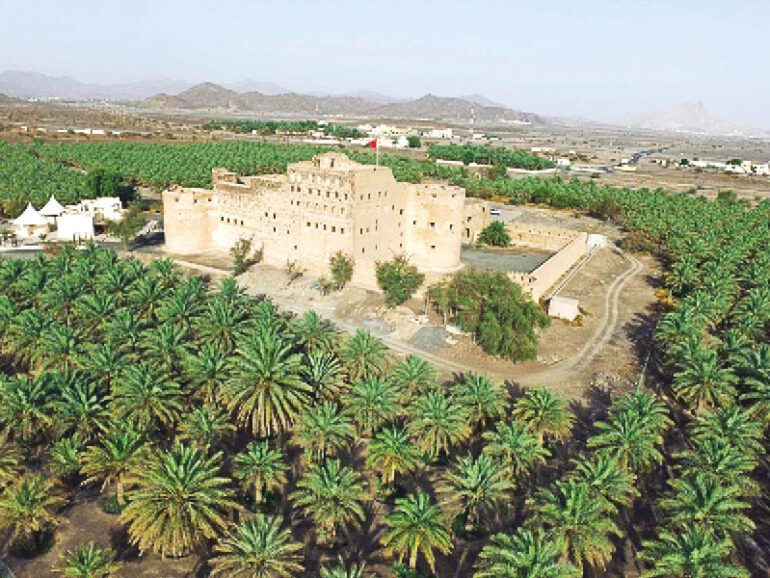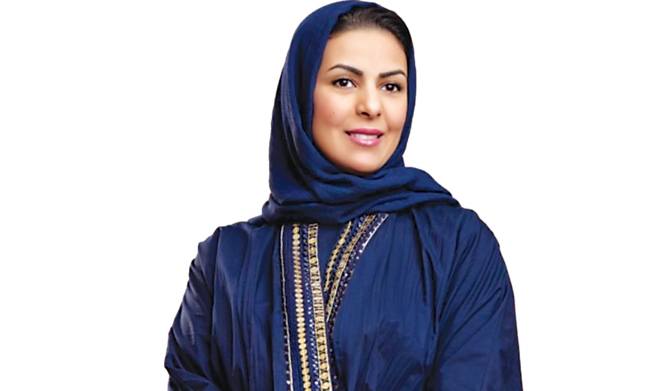The third annual Hollywood Arab Film Festival began this week, bringing the best of 2024’s Arab cinema to Los Angeles and giving fans a chance to see the films in theaters as well as introducing a new audience to the Arab world’s top talent.
The event, which runs until April 21, was attended by a number of celebrity guests including Egyptian producer and screenwriter Mohamed Hefzy, Tunisian actor Dhaffer L’Abidine, renowned Egyptian star Elham Shahin and Egyptian producer Tarek El-Ganainy.
At the event, Hefty said: “Arab cinema really needs a platform to tell our stories and to show who we are, our identity, our hopes and dreams, our pains, and all the different social topics that are tackled in some of the films that are being presented are maybe more relevant today than ever. So I think it’s a great opportunity to have this dialogue.”
Hefzy’s film “Hajjan” was showing at the event. It is a Saudi Arabia-based film directed by Egyptian filmmaker Abu Bakr Shawky.
“Hajjan is a film about a young boy who got a very special connection to his camel, who has a brother who was a camel jockey and races,” Hefzy said. “And, one day when something really unexpected happens to his brother, and shatters his world, it forces him to step into his brother’s shoes and become a camel jockey, and so starts racing himself.”
The movie is a co-production between the Kingdom’s King Abdulaziz Center for World Culture, or Ithra, and Hefzy’s Film Clinic.
“It was a film made in Saudi Arabia with Saudi talents and actors with an Egyptian director, but with the Saudi co-writer and Saudi actors and shot mostly in Saudi Arabia,” Hefzy said. “So I think it’s, it was a great experience, and learned a lot about Saudi Arabia, learned a lot about the culture.”
The festival featured cinema from various Arab countries, presenting films from 16 different nations. Marlin Soliman, strategic planning director of HAFF, highlighted the inclusion of six feature films, ten short films and six student films.
Spanning five days, HAFF offered its audience a vibrant experience, including a red-carpet affair, panel discussions on filmmaking and diversity in Hollywood, and, of course, screenings of high-profile films.
The festival also saw several filmmakers singing the praises of Saudi Arabia’s expanding film industry.
L’Abidine, the writer and director of “To My Son,” said: “I’m thrilled to be back again with my second feature film ‘To My Son,’ a Saudi film… I think there is a great evolution of Saudi cinema that’s been happening in the last few years.”
source/content: arabnews.com (headline edited)
__________
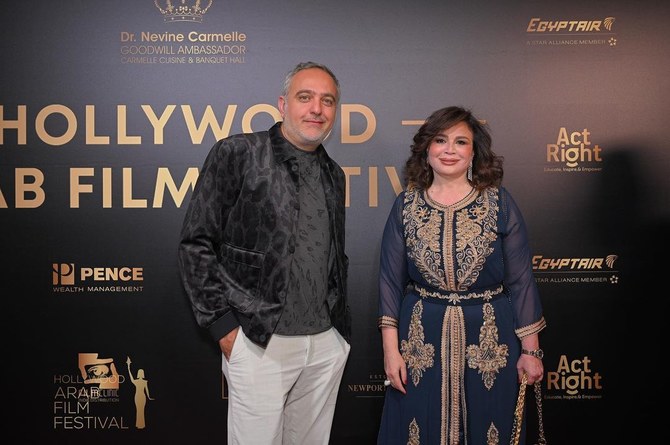
_________
ARAB
